NORTH VANCOUVER - With today’s announcement that public post-secondary institutions will be returning to full in-person classes in September, the Alliance of BC Students will be working hard to make sure that a return to an in-person model will ensure the safety of the post-secondary community. While students and faculty are undoubtedly eager for things to begin to return to normal, proper considerations that meaningfully address the concerns of students, faculty and staff will be essential to the successful return of in-person learning.
“Our number one focus is the safety and wellbeing of students in any scenario that involves a broad-scale return to in-person learning,” said Grace Dupasquier, the Chairperson of the ABCS. “We will be working hard to ensure that the guidelines for a return in the Fall put the health of the post-secondary community first above everything else.”
Students have undoubtedly faced significant difficulties stemming from the transition to online learning, from isolation and mental health concerns, to a decreased quality in education. These challenges must be appropriately balanced with the health and safety concerns associated with returning to in-person primary learning.
"We know many students will be concerned about the health risks associated with returning to in-person classes and what it could mean for their families," continued Dupasquier. “Our goal is to ensure student voices are properly represented as the guidelines for the return to in-person learning are developed."
Moving forward, the ABCS will be gathering student perspectives on the return process so these perspectives can be incorporated into the transition guidelines.
